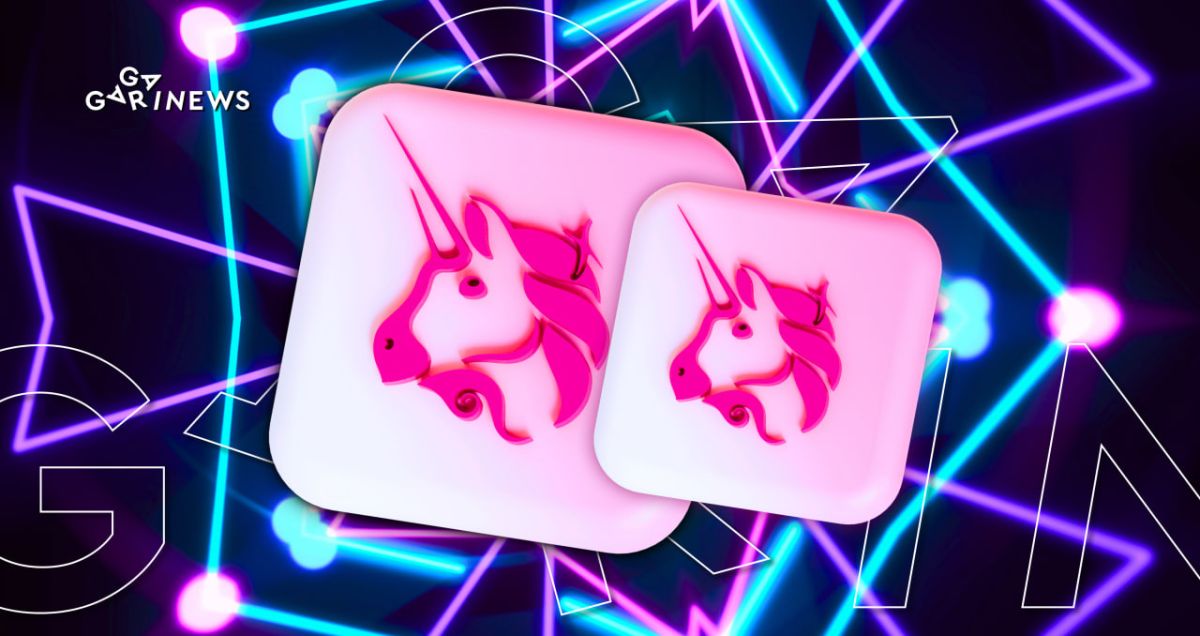Overview of the Uniswap (UNI) project

Uniswap (UNI) is the native token of the Uniswap decentralized protocol. It is ranked 18th among the top twenty coins in terms of market capitalization.
The project's mission
Uniswap is an open-source, decentralized trading protocol running on the Ethereum blockchain. It is an automated market maker (AMM) protocol that maintains a high level of decentralization and enables users to trade with no intermediaries needed. Uniswap is, in fact, a decentralized exchange (DEX).
Uniswap was founded by Hayden Adams, a computer engineer from New York. He worked at Siemens before moving into decentralized finance. It was Karl Floersch, who then worked at Ethereum, who encouraged Adams to start developing smart contracts.
Adams' research was influenced directly by Vitalik Buterin's personal blog post on the concept of an automated market maker on Ethereum. The engineer even earned a grant of $100,000 from the Ethereum Foundation to create the project.
Adams initially intended to call the protocol Unipeg, a combination of Unicorn and Pegasus. When Karl Floersch first told Vitalik Buterin about the project, he suggested the name Uniswap.
Uniswap debuted in November 2018 with limited functionality. Thus, orders could only be placed when paired with ETH. However, as decentralized finance gained popularity, the protocol attracted liquidity providers, began to work with large volumes and added updates. The developers launched Uniswap V2 in May 2020. The updated version enabled instant swaps, oracle-controlled quotes, and the direct trading of any ERC-20 token pairs.
What should you know about the Uniswap (UNI) token?
Purpose
Uniswap (UNI) is a native governance token. It enables holders to vote on protocol changes. The presence of UNI was intended by the developers to highlight the project's self-sufficiency and belonging to the community.
Emission and distribution
Uniswap (UNI) is an ERC-20 token. It was launched on September 16, 2020. Incredibly, within just one day, it climbed to 26th place in the cryptocurrency market capitalization ranking.
The total supply of UNI at the time of its creation was one billion. 60% of the coins were distributed among current community members. The remaining 40% will be distributed over four years to team members (21.51%), investors (17.8%), and advisors (0.69%). After that period, Uniswap plans to introduce a 2% inflation rate to support the network in the long term.
Only people who used the protocol before September 1, 2020, will receive 15% of the total number of coins intended for community members of Uniswap. These users are guaranteed to receive 400 UNI.
Members of the community can also earn tokens for providing liquidity to Uniswap pools such as ETH/USD, TETH/USD, CETH/DAI, and ETH/WBTC.
The current state of the market
According to coinmarketcap.com, there were 762,209,327 UNI (76%) in circulation at the time of writing. The asset's market capitalization is $4,976,365,735 with a daily trading volume of $47,459,347.
Uniswap vs SushiSwap
Uniswap, like most successful DeFi projects, gained a large number of users as well as competitors. The SushiSwap fork posed the greatest risk to the project. Except for the important feature — the existence of its own governance token and the user privileges that flow from this — it was nearly identical to the original. SushiSwap's developers were so focused on the Uniswap audience that they allowed users to stake Adams Protocol liquidity tokens on their platform and awarded 1,000 SUSHI bonuses to each provider.
Many investors were impressed by such conditions. Approximately 70% of Uniswap's liquidity "flowed" to SushiSwap in the shortest possible time. However, after the fork reduced the size of the reward by tenfold, users started actively withdrawing their funds. Uniswap regained its position after introducing the governance token UNI.
What are the main features and functions of the Uniswap (UNI) project?
Uniswap (UNI) is a decentralized exchange (DEX) protocol built on the Ethereum blockchain. One of its main features is the ability to trade ERC-20 tokens without the need for an intermediary. Uniswap operates through an automated market-making (AMM) system, which uses smart contracts to facilitate trades. Key functions of Uniswap include liquidity provision, token swaps, and governance mechanisms. Users can provide liquidity to various pools and earn fees in return. The entire process is permissionless, meaning anyone can participate in providing liquidity or swapping tokens. Additionally, the UNI token grants holders voting rights on protocol changes, making Uniswap a community-driven project.

